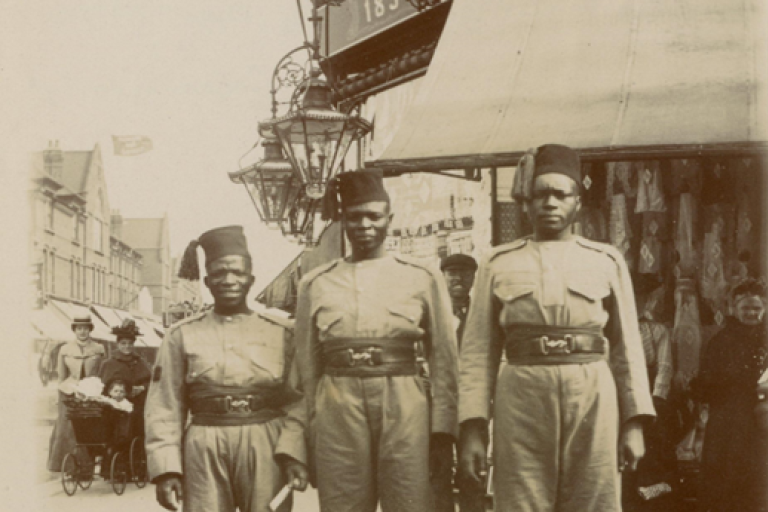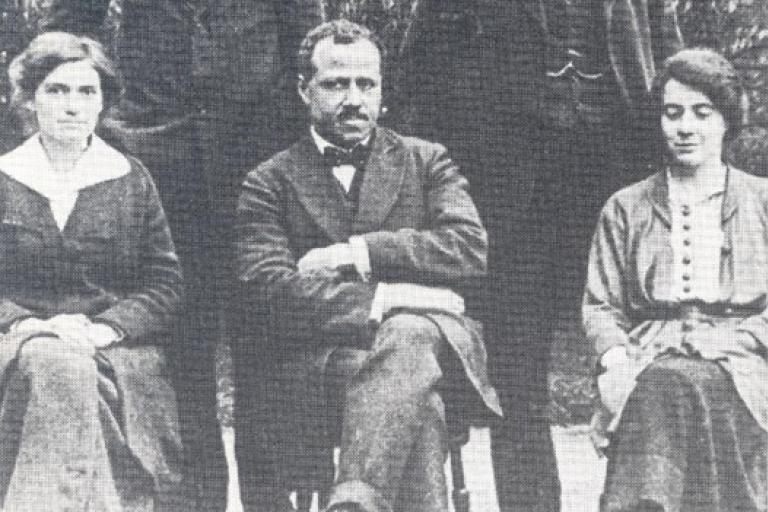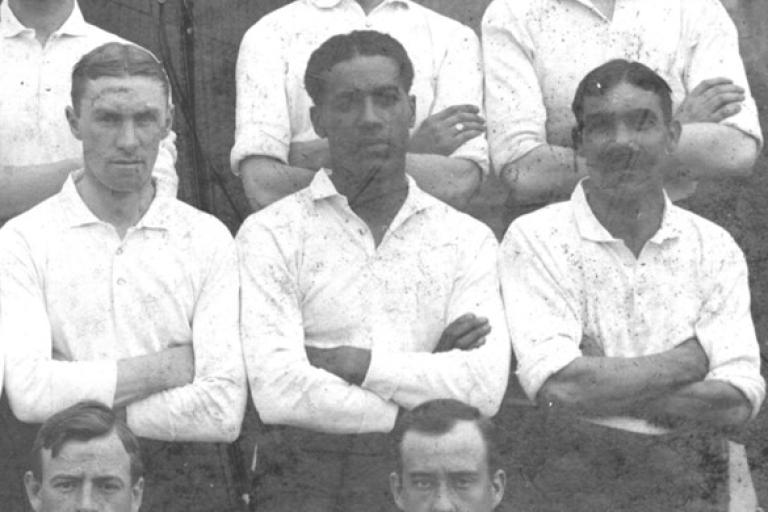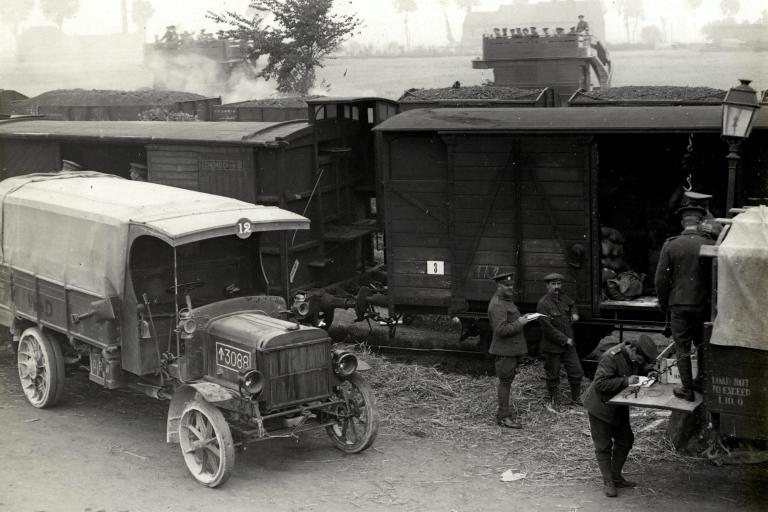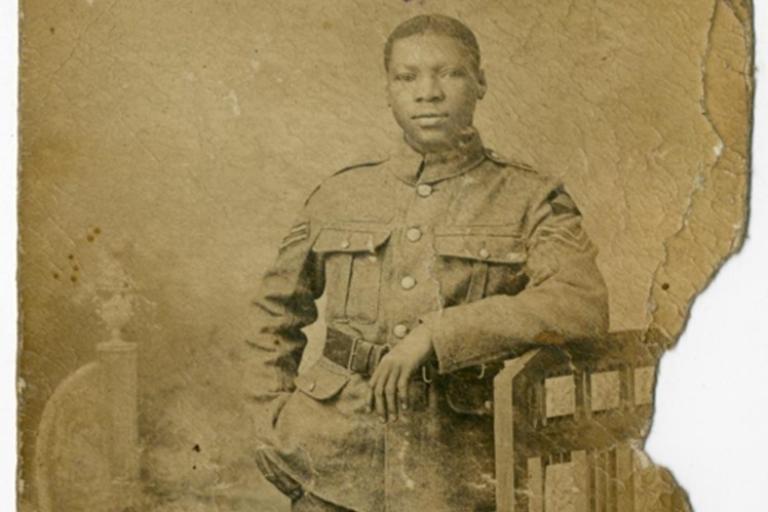The fact that there was a significant black presence in Britain in the early part of the 20th century, at the height of the imperialist era, challenges the conventional views on imperialism, racism, social history and about the make-up of British communities.
There were British people of African birth or descent in every social group - in all walks of life - living in Britain during the Edwardian era.
The black middle classes in particular from this period were visible but their contribution to society has been largely overlooked from traditional history viewpoints.

